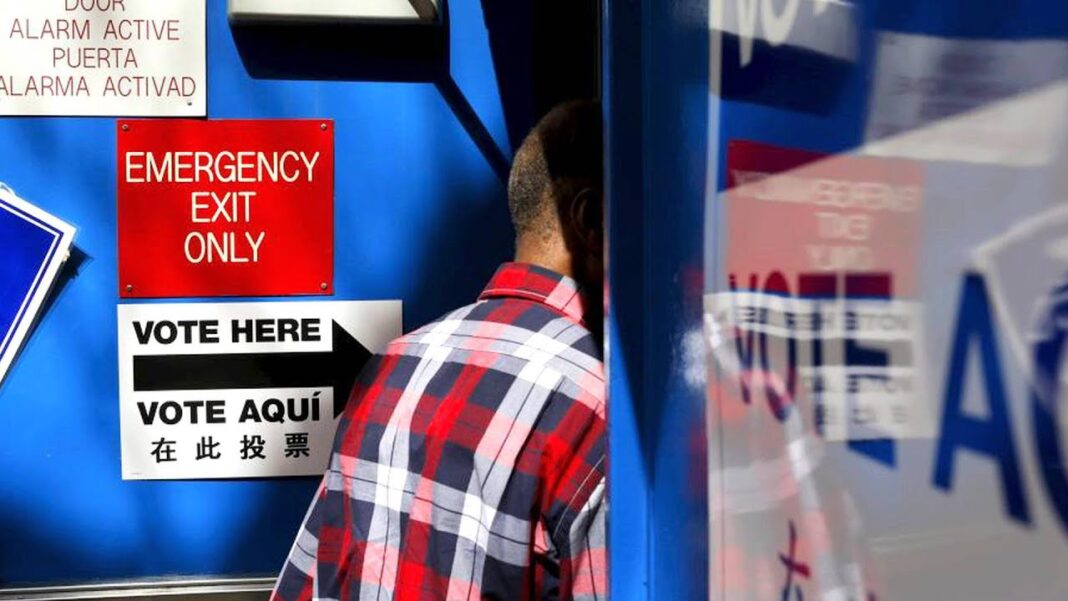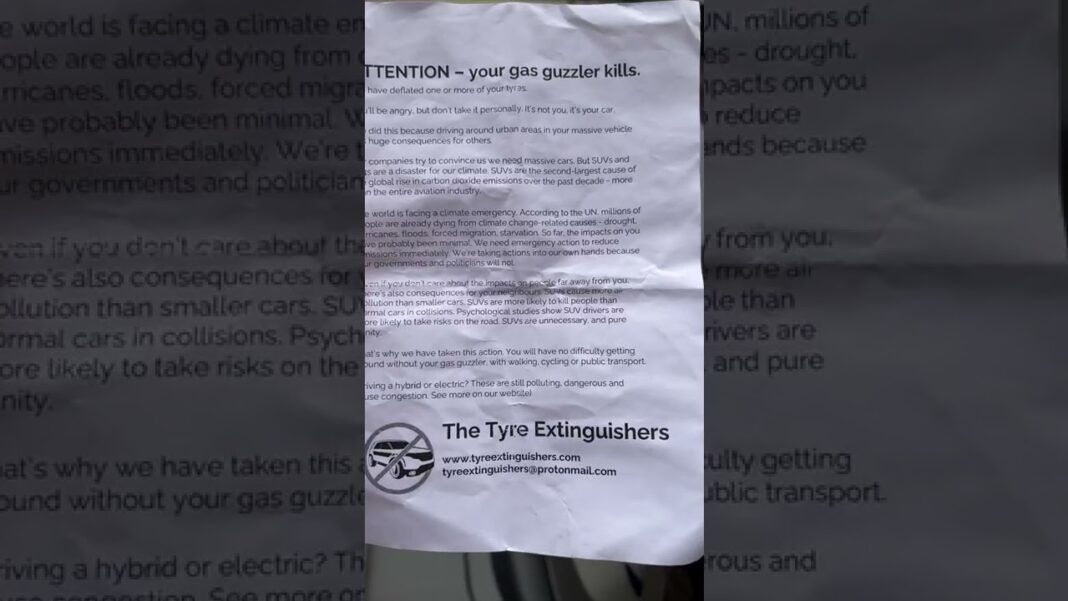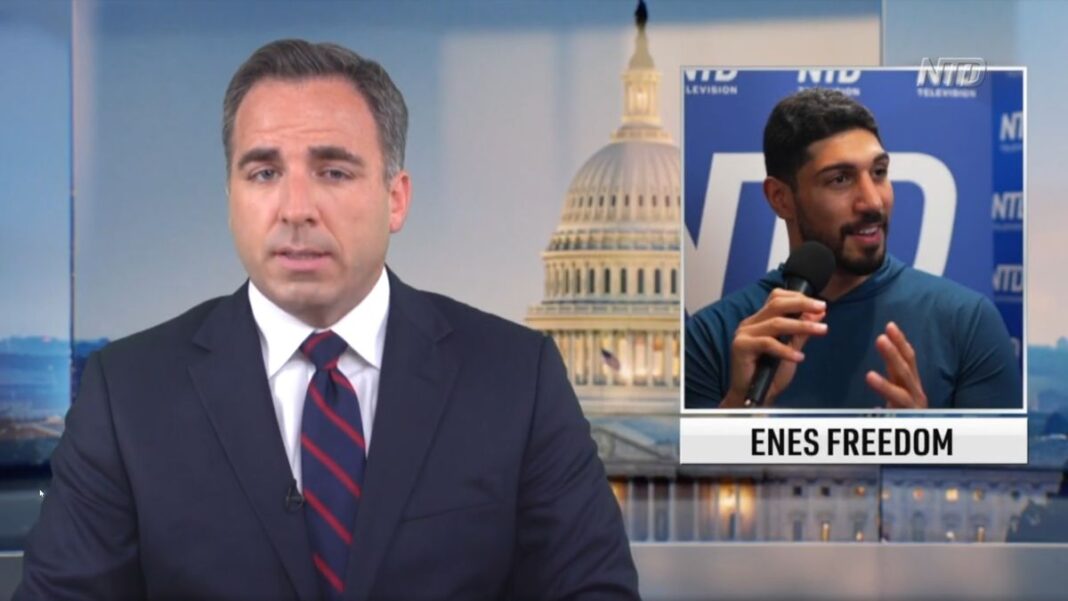
(Washington, DC) – Judicial Watch announced today that it filed a federal lawsuit against New York State and New York City election officials failing to remove potentially hundreds of thousands of ineligible voters from New York City voter registration rolls as federal law requires. The lawsuit, filed under the National Voter Registration Act (NVRA), details how New York City removed only 22 names under the federal law over six years (Judicial Watch v Valentine et al. (No.1:22-cv-03952)).
The NVRA requires states to “conduct a general program that makes a reasonable effort to remove” from the official voter rolls “the names of ineligible voters” who have died or changed residence. Among other things, the law requires registrations to be cancelled when voters fail to respond to address confirmation notices and then fail to vote in the next two general federal elections. In 2018, the Supreme Court confirmed that such removals are mandatory (Husted v. A. Philip Randolph Inst. (138 S. Ct. 1833, 1841-42 (2018)).
The Judicial Watch lawsuit details that New York City’s “own recent data concedes that there were only 22 total” removals under this provision “during a six-year period, in a city of over 5.5 million voters. These are ludicrously small numbers of removals given the sizable populations of these counties.” The lawsuit elaborates:
For context, the estimated number of voting-age citizens changing residence, per year, during the five-year period from 2016 through 2020, in the five counties of New York City was:
about 194,000 in Kings County,
about 127,000 in Queens County,
about 190,000 in New York County,
about 82,000 in Bronx County, and
about 21,000 in Richmond County.
In all, “more than 600,000 voting-age citizens, per year, are estimated to have changed residence in New York City during the five-year period from 2016 through 2020.”
Judicial Watch notes that “Yates County, one of the smallest counties in New York, with a current total registration of about 14,500 voters” made 1,251 removals under this NVRA provision during the same six-year period. “This is, literally, an exponentially greater number than the 22 NVRA Removals made during the same period in all of New York City.”
The lawsuit concludes that the “almost complete failure of Kings, Queens, New York, Bronx, and Richmond Counties, over a period of at least six years, to remove voters” under a key provision of federal law “means that there are untold numbers of New York City registrations for voters who are ineligible to vote at their listed address because they have changed residence or are otherwise ineligible to vote.”
The NVRA requires states to “conduct a general program that makes a reasonable effort to remove” from the official voter rolls “the names of ineligible voters” who have died or changed residence. Among other things, the law requires registrations to be cancelled when voters fail to respond to address confirmation notices and then fail to vote in the next two general federal elections. In 2018, the Supreme Court confirmed that such removals are mandatory (Husted v. A. Philip Randolph Inst. (138 S. Ct. 1833, 1841-42 (2018)).
“Dirty voting rolls can mean dirty elections, and New York City’s rolls are some of the dirtiest in the country,” stated Judicial Watch President Tom Fitton. “Elections officials in New York City have simply refused to clean the voter lists for years. We want cleaner elections, as the law requires, and we expect this lawsuit will cause New York to take the simple steps necessary to clean from its rolls the names of hundreds of thousands of voters who have moved away or died.”
Judicial Watch is a national leader in voting integrity and voting rights. As part of this effort, Judicial Watch assembled a team of highly experienced voting rights attorneys who stopped discriminatory elections in Hawaii, and cleaned up voter rolls in California, Ohio, Indiana, and Kentucky, among other achievements.
California settled an NVRA lawsuit with Judicial Watch and began the process of removing up to 1.6 million inactive names from Los Angeles County’s voter rolls. Kentuckyalso began a cleanup of hundreds of thousands of old registrations last year after it entered into a consent decree to end another Judicial Watch lawsuit.
In February 2022, Judicial Watch settled a voter roll clean-up lawsuit against North Carolina and two of its counties after the North Carolina removed over 430,000 ineligible names from the voter rolls.
In March 2022, a Maryland court ruled in favor of Judicial Watch’s challenge to Maryland’s Democratic legislature “extreme” congressional redistricting gerrymander.
In May 2022, Judicial Watch sued Illinois on behalf of Congressman Mike Bost and two other registered Illinois voters to prevent state election officials from extending Election Day for 14 days beyond the date established by federal law.
Ethan Leonard, Esq. and Neal Brickman, Esq. of The Law Offices of Neal Brickman, P.C. in New York City are assisting Judicial Watch in this lawsuit.
###






